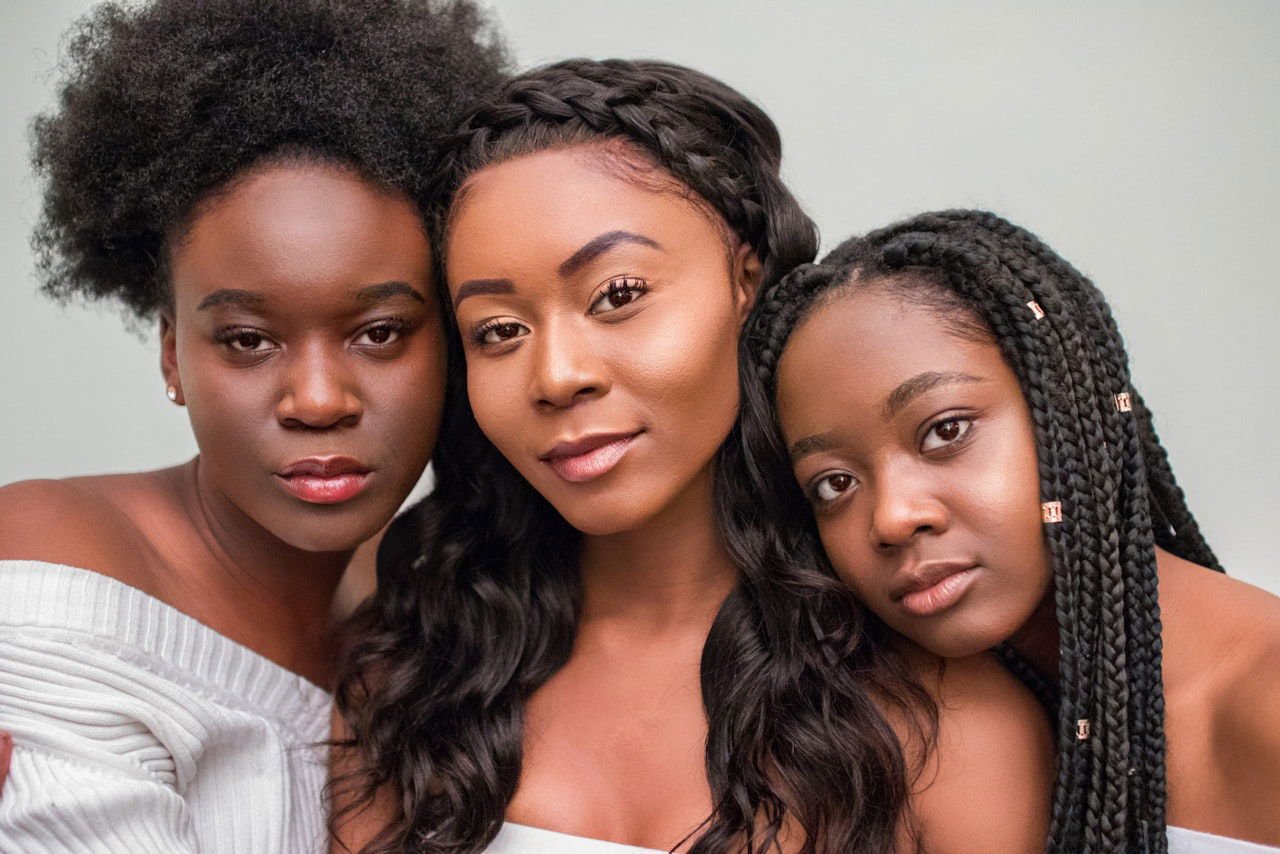‘Coils To Locs’ Creates Diverse Medical Wigs For Black Women


November 22, 2024
‘Coils to Locs’ is representing for Black women in the medical wig industry.
Dianne Austin and Pamela Shaddock started “Coils to Locs” to fill the medical wig industry void. After Austin experienced hair loss as a result of chemotherapy, she discovered that medically prescribed wigs lacked “culturally sensitive” options for Black women. With the help of Shaddock, she also discovered a market ripe for expansion.
Austin was unaware of the medical haircare industry until her fight with breast cancer led her to “cancer boutiques.” She spoke with the Baystate Banner about her journey from patient to medical wig provider:
“I had two weeks to find a wig before I would lose my hair,” Austin said. “It took two weeks from this particular chemotherapy treatment before you started losing your hair.”
After desperately searching for a wig, she said, “The place where I was being treated did not have these wigs. I went to other hospitals in the area that had spaces set up, called cancer center boutiques, where they sold wigs along with other products, and they also (sold) straight-haired wigs. And that was pretty frustrating for me. I didn’t want a straight-haired wig.”
A Persistence Research study revealed that the medical wig industry generates $750 million a year and is estimated to grow to $1.6 billion by the end of 2031. The research emphasizes the necessity of the wigs, stating that the units are “meticulously designed and crafted to mimic natural hair.”
Wearing a quality hair unit crafted to fit a person’s natural style is an “essential aid in restoring confidence.”
Coils to Locs wants to ensure Black women have access to the same essential aids as other women.
“We discovered that nearly 50% of Black women in the U.S. are living with some form of medical or non-medical hair loss due to a whole slew of other things, like autoimmune diseases, lupus medications they take, and high blood pressure medication,” Shaddock said.
The Coils to Locs founder initially believed the lack of access to quality, culturally sensitive wig options was due to location.
Discussing her lack of options with Shaddock led both women on the hunt to locate a medical wig that represented a diverse demographic. The sisters called “cancer boutiques” across the nation and were met with dismissal and apathy by medical institutions.
“They would just say, we don’t have them. They weren’t looking to solve this problem,” Shaddock said. “Once again, we felt, once again here, here it is. Black women are having a subpar experience simply because their hair is different,” she continued.
Austin and Shaddock are dedicated to creating a better experience for Black women with medical hair loss. Their services are offered online and in medical boutiques across the nation.
RELATED CONTENT: ‘Don’t Touch My Hair’ Exhibit Is A Celebration Of Black Women’s Hair Culture And Strength










